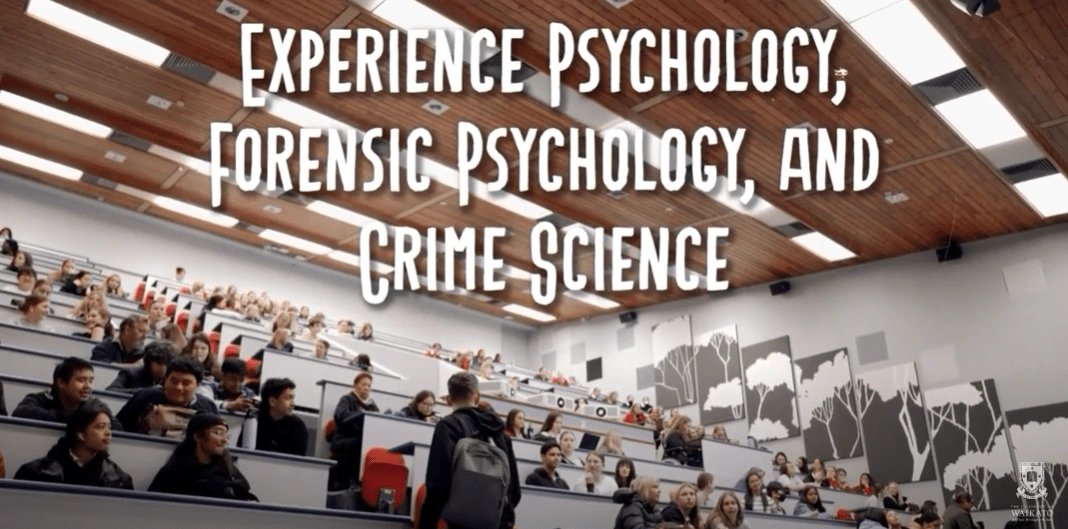Forensic Psychology

Why study Forensic Psychology?
Forensic psychology, offered as a minor, will give students an opportunity to align the strong empirical and theoretical traditions from Western psychology to Māori-led approaches to understanding and reducing recidivism, and the overrepresentation of Māori in the criminal justice system.
It is an excellent companion minor for psychology and other majors, especially in the Bachelor of Social Science or Bachelor of Science, and to build a foundation for further studies in Security and Crime Science.
Graduates from this minor will be able to use their knowledge of models of criminal behaviour, including indigenous models, and effective principles of behavioural change to explain criminal behaviour in individuals in their ecological context, and to propose and support approaches to reducing criminality and improving wellbeing.
Forensic psychology offers numerous pathways to employment and will be particularly relevant to correctional staff, including probation officers, prison officers, programme facilitators, case managers and sentence planners, along with staff in non-governmental organisations who support and manage people disengaging from the criminal justice system.

Career opportunities
- Policy Advisor
- Policy Analyst
- Local government advocacy
- New Zealand Police
- Corrections and Probation